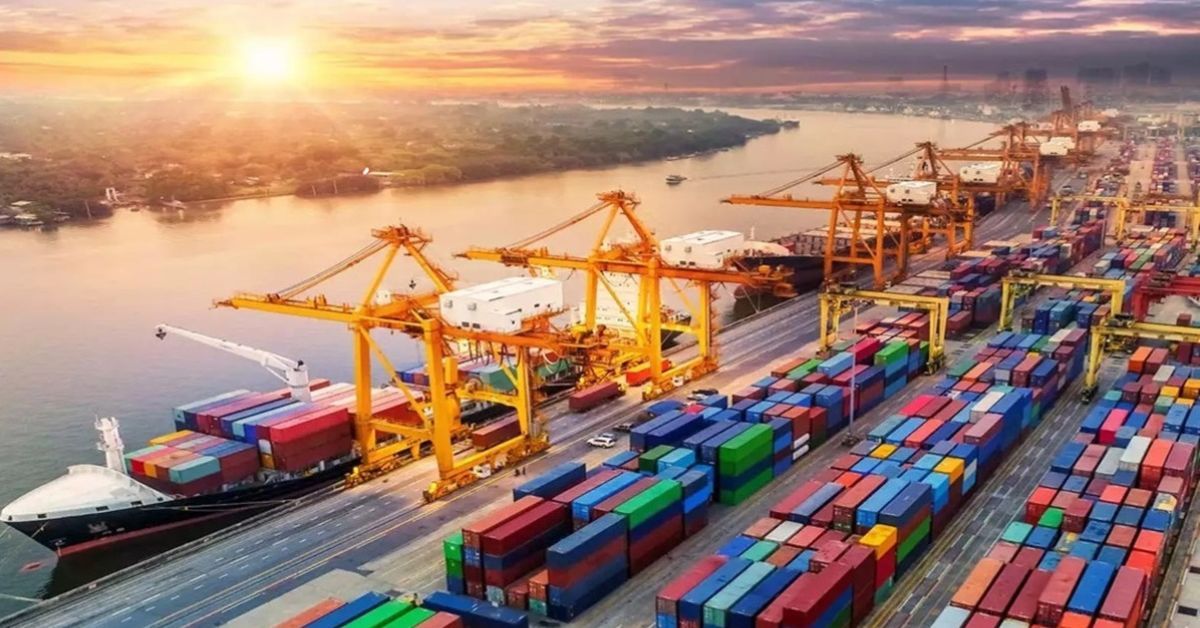The budget declaration to establish BharatTradeNet as a single platform for trade documentation and finance solutions is an ambitious aim, and a non-profit organization is planned to carry out this project. According to Director General of Foreign Trade (DGFT) Santosh Kumar Saranagi, the platform, which is modeled after the Unified Payments Interface (UPI), will aid in the transition to full digitization of all trade documentation and subsequently enable smooth operation of the various agencies involved.
Finance Minister Nirmala Sitharaman has said in the Budget speech that this will be set up as a unified platform for trade documentation and financing solutions and it will complement the Unified Logistics Interface Platform. These agencies include RBI, CBIC, banking systems, multiple shipping lines, ports and airports.
At present, there are about 30 entities that are involved in trade documentation and financing arrangement and each one of them has its own portal and systems and the exporter or importer has to fill up about 5,000 odd data points when it navigates through different trade and finance ecosystems.
The BharatTradeNet would enable the digitisation of over 30 trade documents, such as Bills of Lading, Promissory Notes, for secure electronic issuance, transfer, and storage, where required. Exporters and importers would be major beneficiaries as the platform would help in getting faster clearances and export credit access. Besides, other segments that would benefit from the move included banks and NBFCs as they would get real-time trade finance data.
It will help convert critical trade documents like Bills of Lading, Letters of Credit, and Customs Declarations into secure digital formats; ensure real-time, secure data sharing between exporters, banks, regulatory authorities, and global trade networks; and help MSMEs (micro, small and medium enterprises) and exporters access loans and credit by integrating financial institutions into the system.
Besides, it would help automate compliance with global standards like UNCITRAL MLETR (United Nations Commission on International Trade Law Model Law on Electronic Transferable Records), and UNECE (United Nations Economic Commission for Europe), ensuring smooth international transactions. The absence of uniform development standards leads to duplicity, inefficiencies, and higher efforts as entities adopt disparate approaches.







